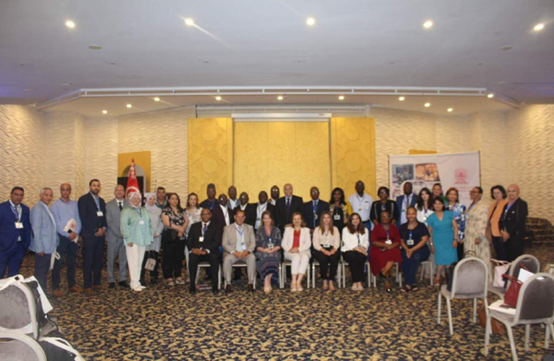
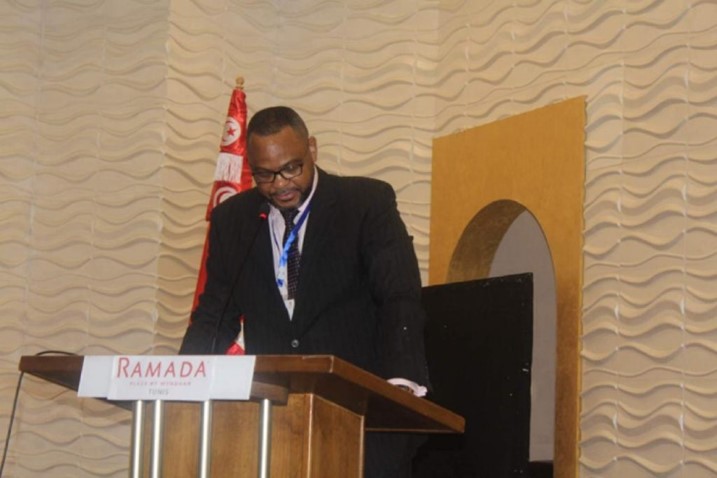 Dr. Ron Josias, the AFRAC Chair during the Opening Ceremony |
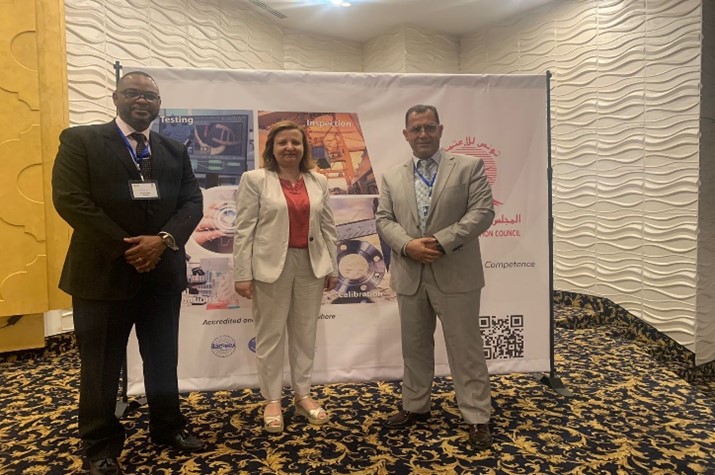 The Minister for Trade and Industry, Tunisia, CEO TUNAC and the AFRAC Chair |
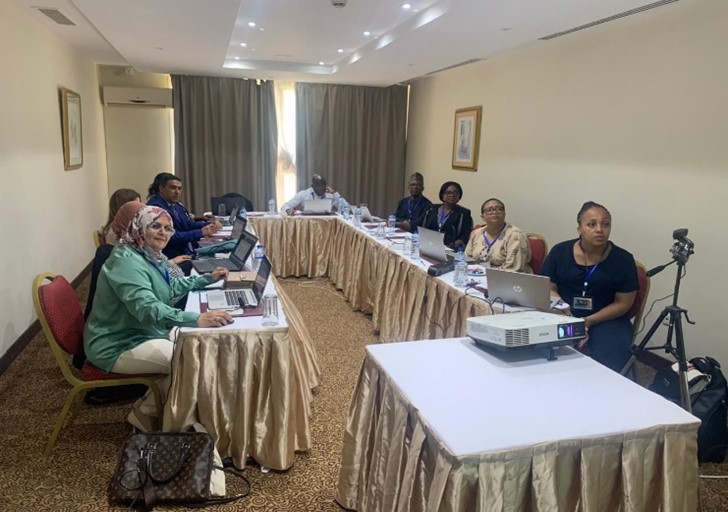 AFRAC Delegates following proceedings at the Technical Subcommittees |
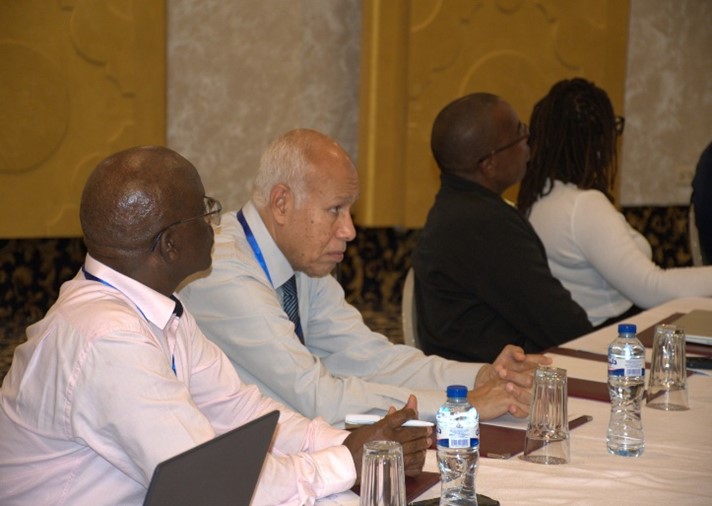 Critical Thinking focusing on next steps |
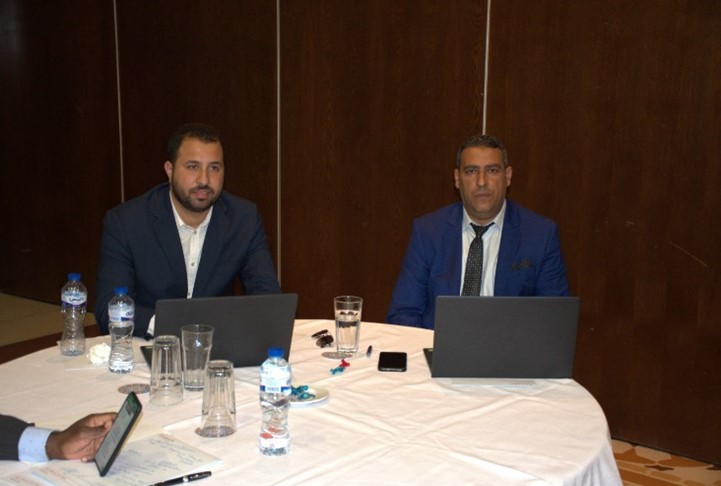 TUNAC Delegates following proceedings |
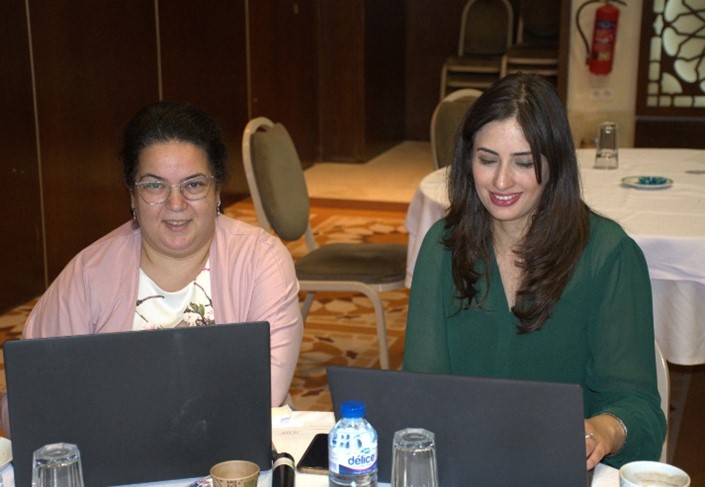 TUNAC Delegates following proceedings |
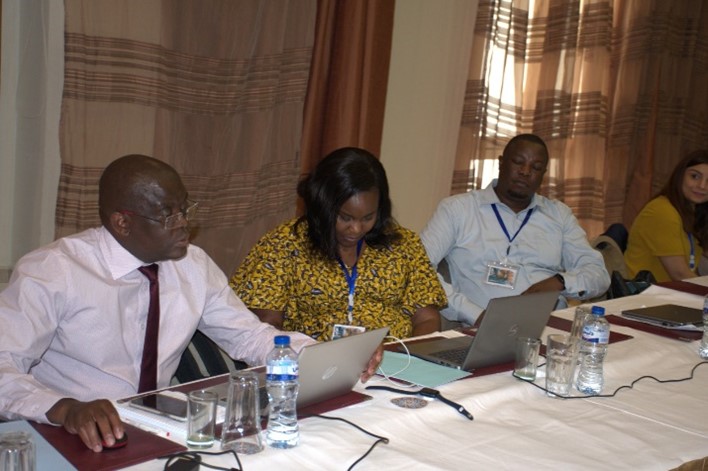 Technical Committee Meeting Chaired by Thabo Chesalokile of SANAS |
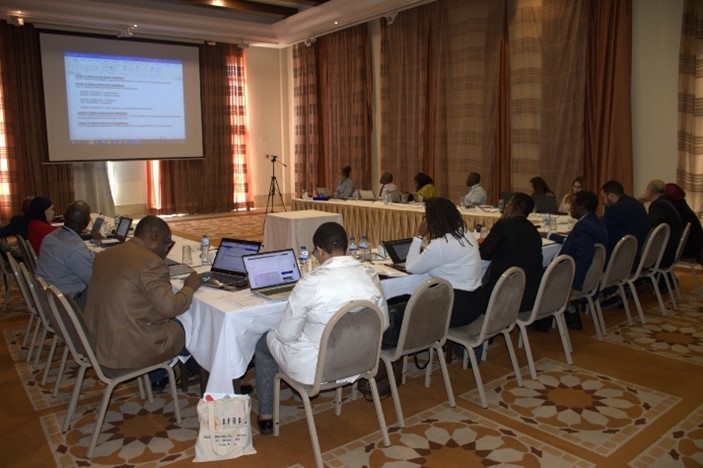 AFRAC MCC Meeting |
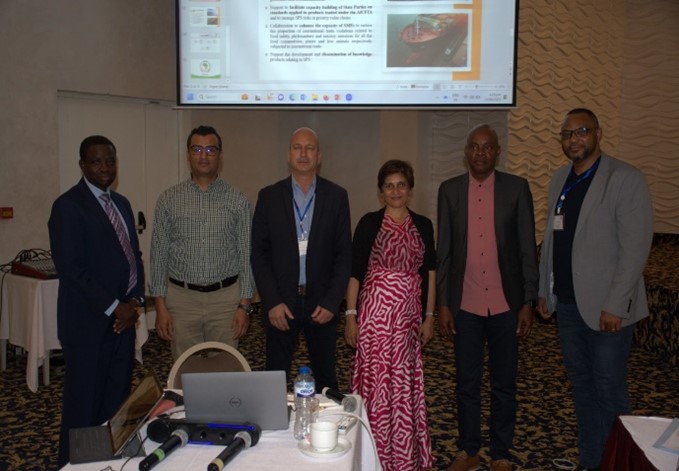 Awareness session on the AfCFTA |
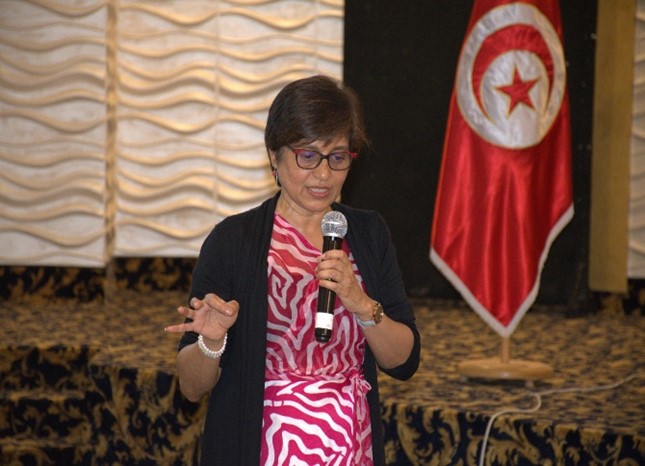 Ms Deneswaree Mohun |
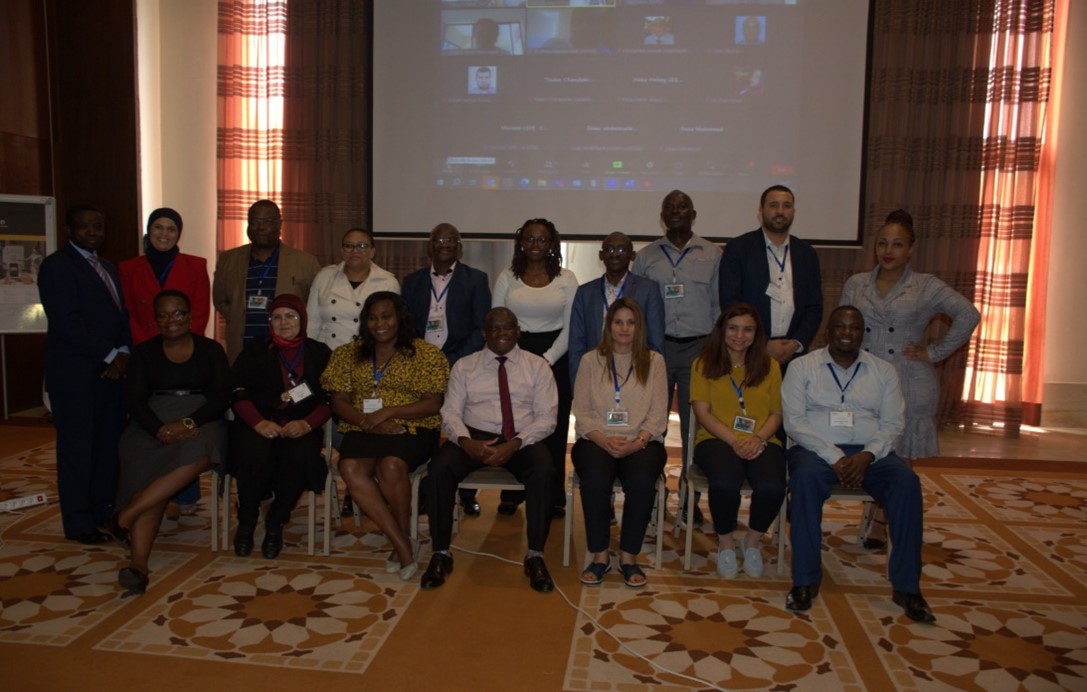
Training on IAF MD25 conducted by Sonia and Ghada of TUNAC
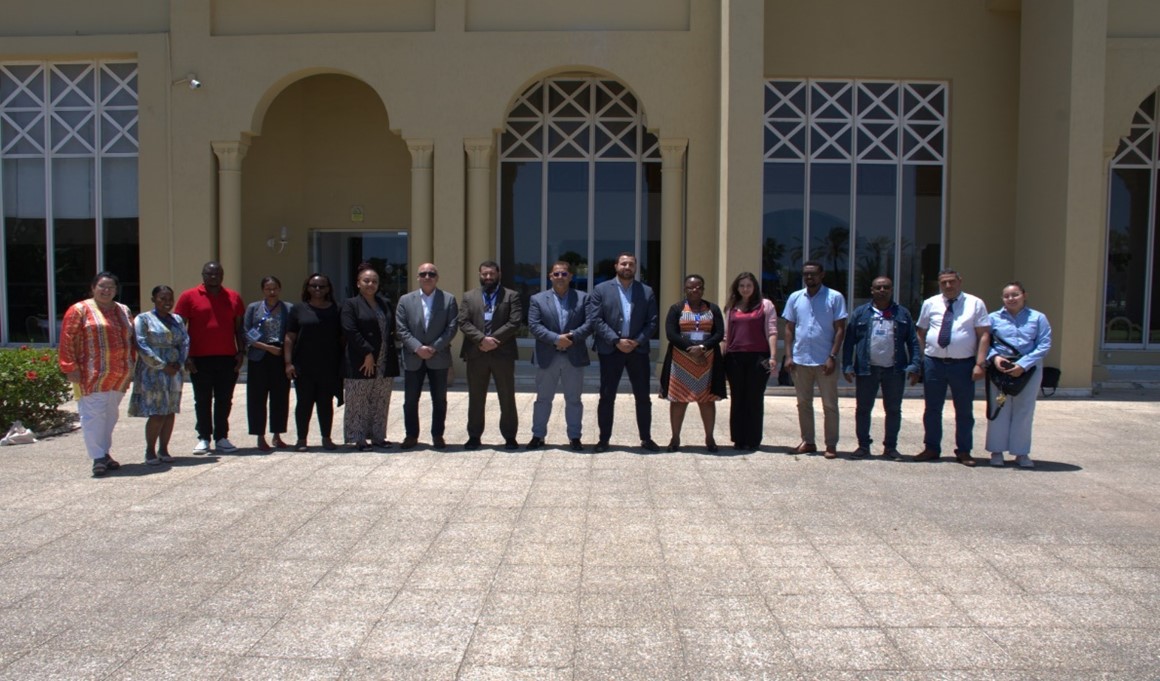
AFRAC members attend the Joint ILAC MCC & IAF CMC Mid-Term Meeting
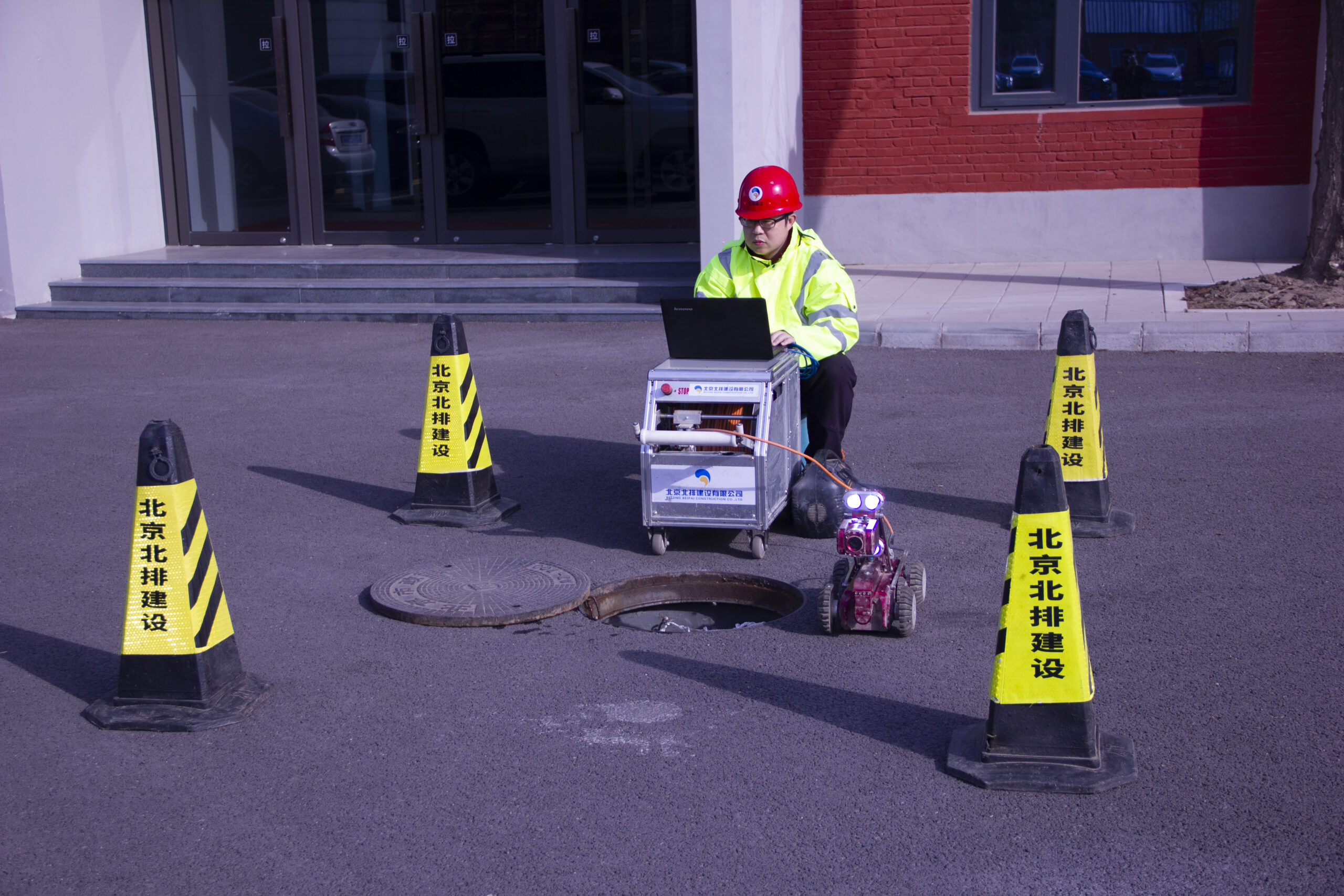
Municipal pipelines such as water supply and drainage, electricity, gas and communication are buried under urban roads which are affected by vehicle load, vibration, groundwater level and other factors. Disasters such as pavement collapse and cracking, are easily caused which result in inconvenience to urban production and life and may even cause personal injury. This is particularly the case in recent years, with the further expansion of the urban scale and the increasing density of underground pipe network in some cities. Geological disasters of urban roads are occurring frequently, which has attracted the increased attention of the municipal departments and the general public.
Similarly, the application of robot technology in the inspection of internal defects of urban sewer and non-excavation pipeline repair technology has attracted wide attention because of the advantages of high repair efficiency and low repair cost.
After a period of service, the materials used in urban roads and urban sewers gradually age and their functions decline potentially resulting in geological disasters and potential safety hazards. In order to find the potential safety hazards and take measures to eliminate them, it is necessary to regularly evaluate the risk of urban road underground failures and the internal defects of urban sewer. Since accreditation is an affirmation of the management and technical competence of the inspection body, there is an increasing demand for accreditation in the competence of risk evaluation in underground failures related to urban roads and the competence in internal defect evaluation of urban sewers.
CNAS has actively responded to the accreditation needs in the above fields organizing experts to study and discuss the characteristics and technical requirements of inspection and testing activities in these two fields, and promote accreditation of the inspection bodies. Following analysis, the inspection items for urban roads is the detection and evaluation of attributable characteristics of underground failures such as cavities underneath the pavement, voids, loosely infilled voids, water-rich voids in the area using detection methods such as ground penetrating radar method for urban roads according to relevant technical standards, and to carry out a risk evaluation. The inspection items for urban sewers are sewer defects and condition evaluation, including the detection of structural and functional defects of urban sewers using closed circuit television inspection and quick view pipe inspection methods using the relevant technical standards Then to evaluate and judge the structural and functional conditions of the sewer and calculate the rehabilitation index and maintenance index. These two types of activities include the typical characteristics of inspection activities. Therefore, inspection accreditation in accordance with ISO/IEC 17020 is applicable.
CNAS is accrediting inspection bodies in these two technical fields. Competence in the detection and evaluation of underground failures in urban roads and sewer defect and condition evaluation of urban sewers is accredited according to the inspection body accreditation standard ISO/IEC 17020. As of August 2023, in the above fields, a total of 31 inspection bodies have been accredited by CNAS, with more inspection bodies currently in the process of seeking accreditation for these activities.

Reference laboratories are not referred to in the context of accreditation as often as calibration or testing laboratories. However, during COVID-19 epidemic, it was reference laboratories that came into the focus of increased public attention due to stories about the possibility of their production of dangerous bacteria and viruses, which at some point, intentionally or accidentally, can break out of the laboratory walls. This reputational risk was unexpectedly raised in relation to the reference laboratories of Kazakhstan potential involvement in the development of biological weapons. As a full member of ILAC, the National Center of Accreditation (NCA) of the Republic of Kazakhstan would like to tell you about how the activities of reference laboratories are regulated in our country.
Kazakhstan is an exceptionally peaceful country, where more than 100 nationalities live in harmony on a large territory. Commitment to everything that contributes to the continuation of this peaceful life is not just a national ideology – it is woven into the consciousness and subconsciousness of Kazakhstanis. Therefore, any accusations of unseemly actions against human civilization are perceived very painfully in our country.
The history of 2020 ended well when diplomats and the scientific community of our country explained to the public how and what reference laboratories actually work on, and that their activities are kept in strict accordance with the scope of accreditation, that is, exclusively for medical and civil purposes.
There are seven reference laboratories in Kazakhstan. Their listing is approved by the order of the Minister of Health of Kazakhstan, and it is impossible to get into this list without permission and control.
In the Council of Europe, reference laboratories are structural divisions of the Ministry of Health of Kazakhstan, and the tasks that they solve are carried out under the control of the Ministry.
In the Council of Europe, reference laboratories of Kazakhstan are accredited entities under the national standard of ST RK ISO 15195-2018 “Laboratory medicine. Requirements for reference measurement laboratories”, identical to the international standard ISO 15195:2018 Laboratory medicine – Requirements for reference measurement laboratories. Of course, this is not a new standard for the world of standardization, but given 30-years of experience as an independent state, Kazakhstan sees it as a good tool for improving the country’s healthcare system.
Thus, as an accreditation center, we would like to once again remind you of the importance of reference laboratories that focus on studying microorganisms to protect humanity from possible harm.
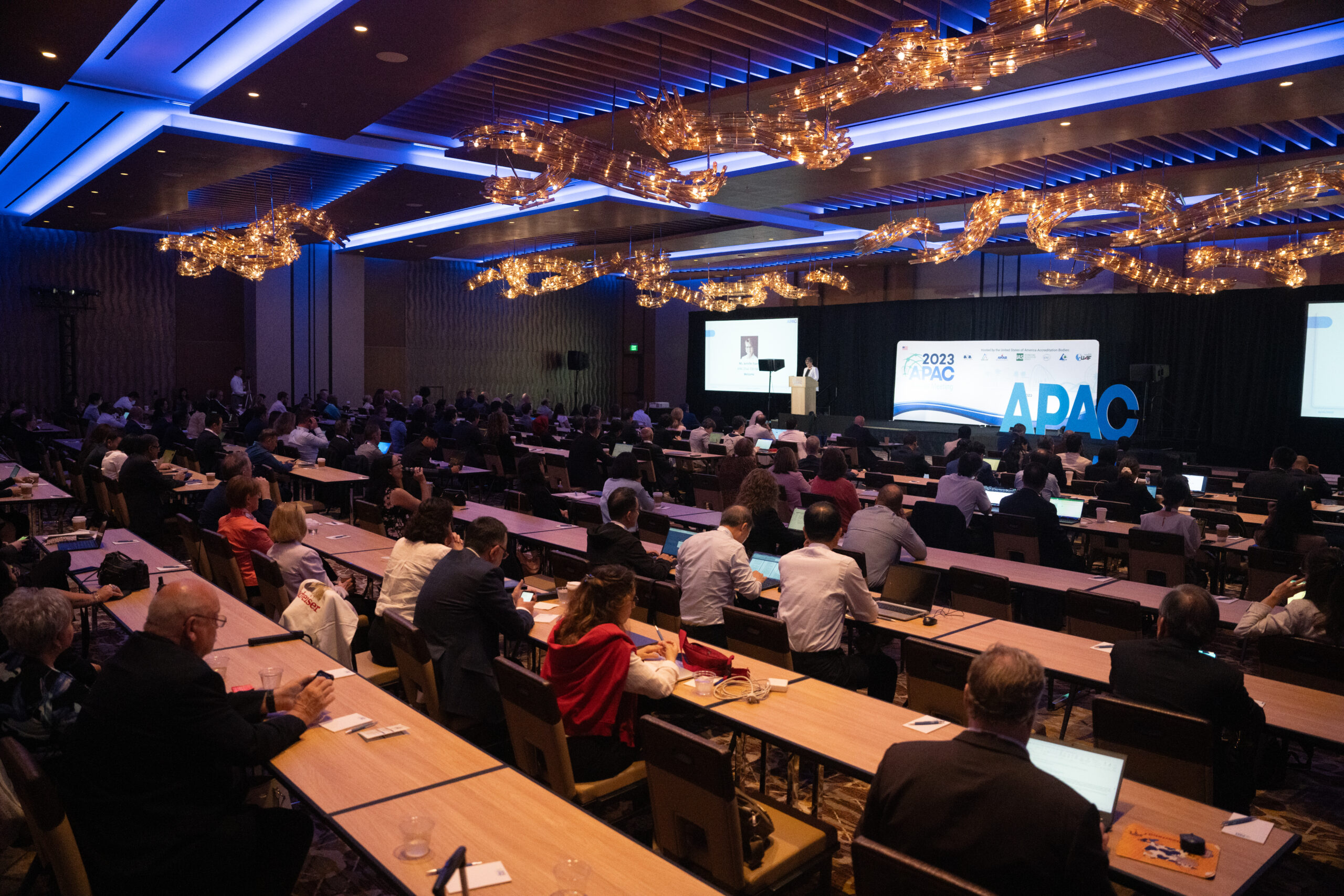
The 2023 Asia Pacific Accreditation Body Cooperation (APAC) Annual Meeting took place from June 23 to July 1, 2023, at the JW Marriott Resort in Anaheim, California. This marked a significant milestone as it was the first in-person annual meeting for APAC since 2019, due to the pandemic. The event drew over 150 delegates from 27 economies who came together for this important gathering.
The APAC 2023 meeting was hosted by APAC’s Full Members based in the United States of America, which included the American Association for Laboratory Accreditation (A2LA), AIHA Laboratory Accreditation Programs (AIHA-LAP), ANSI National Accreditation Board (ANAB), International Accreditation Service (IAS), IOAS, Perry Johnson Laboratory Accreditation, Inc. (PJLA), and United Accreditation Foundation (UAF).
The event’s schedule commenced on Friday, June 23, with a select group participating in the APAC-PTB ADAPT WG / PSC Meeting. Additionally, the APAC MRA Management Committee meeting, the Executive Committee meeting and a two-day APAC Nominated Evaluator Training were held starting on June 24th. Over the weekend, members of the Joint ILAC/IAF Communication & Marketing (CMC) also convened for discussions.
The official Opening Session took place on Monday, June 26th, and began with a warm welcome from Jennifer Evans, APAC Chair, and CEO of NATA. Jennifer was followed by Raj Nathan, APAC Vice Chair and President of IAS, who extended a warm welcome on behalf of the host economy, the United States. Raj also introduced the leaders of all the U.S. Host Accreditation Bodies.
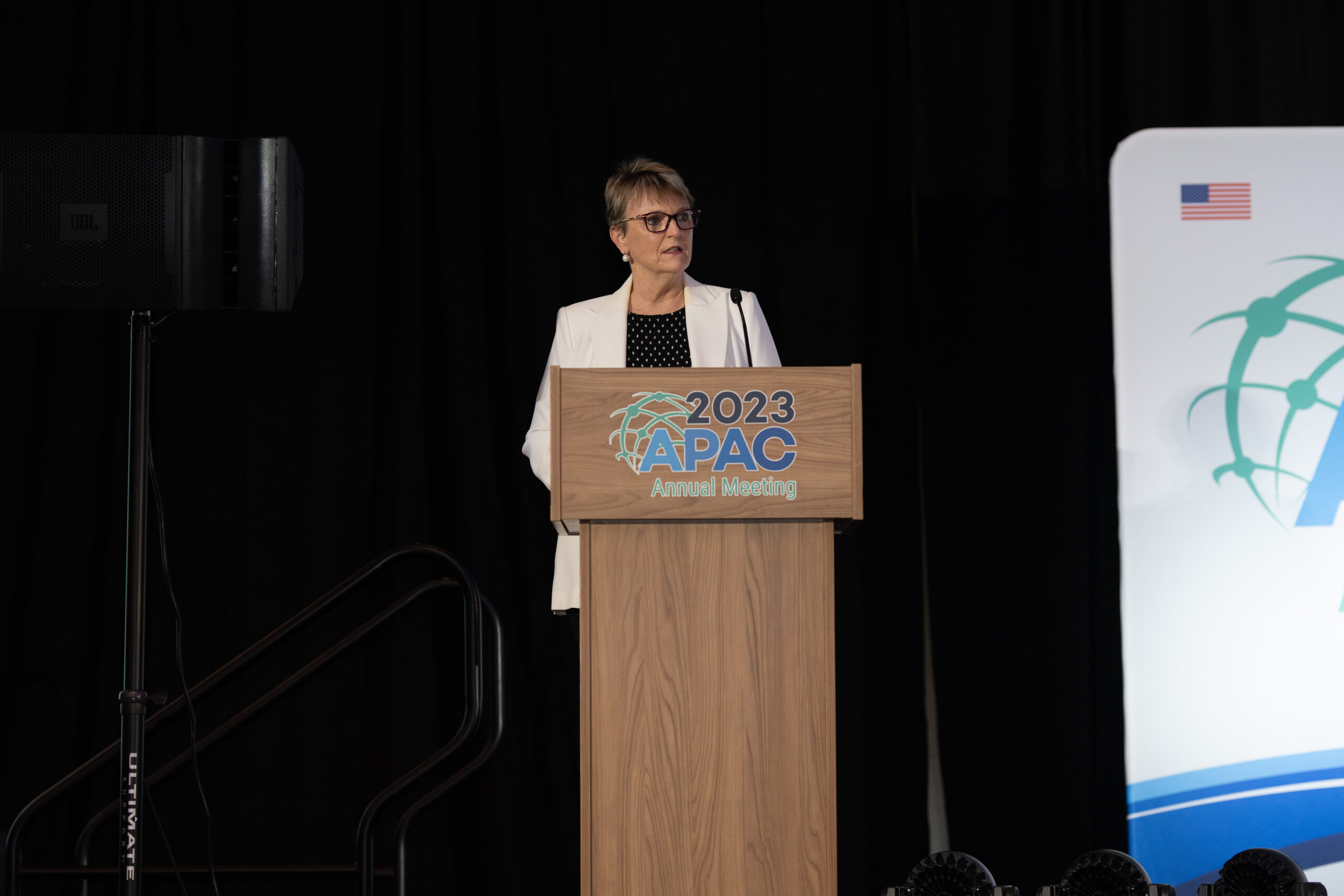 |
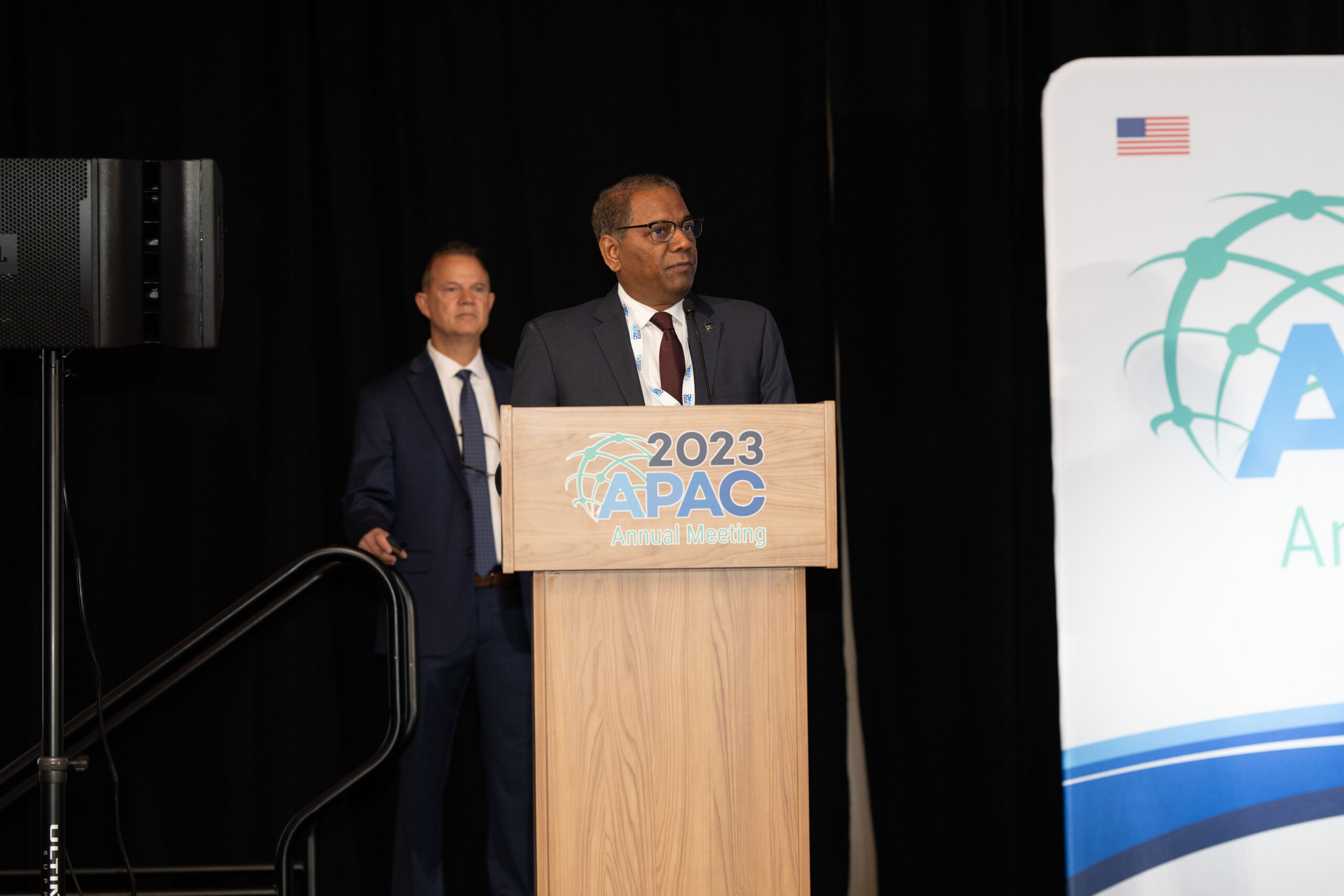 |
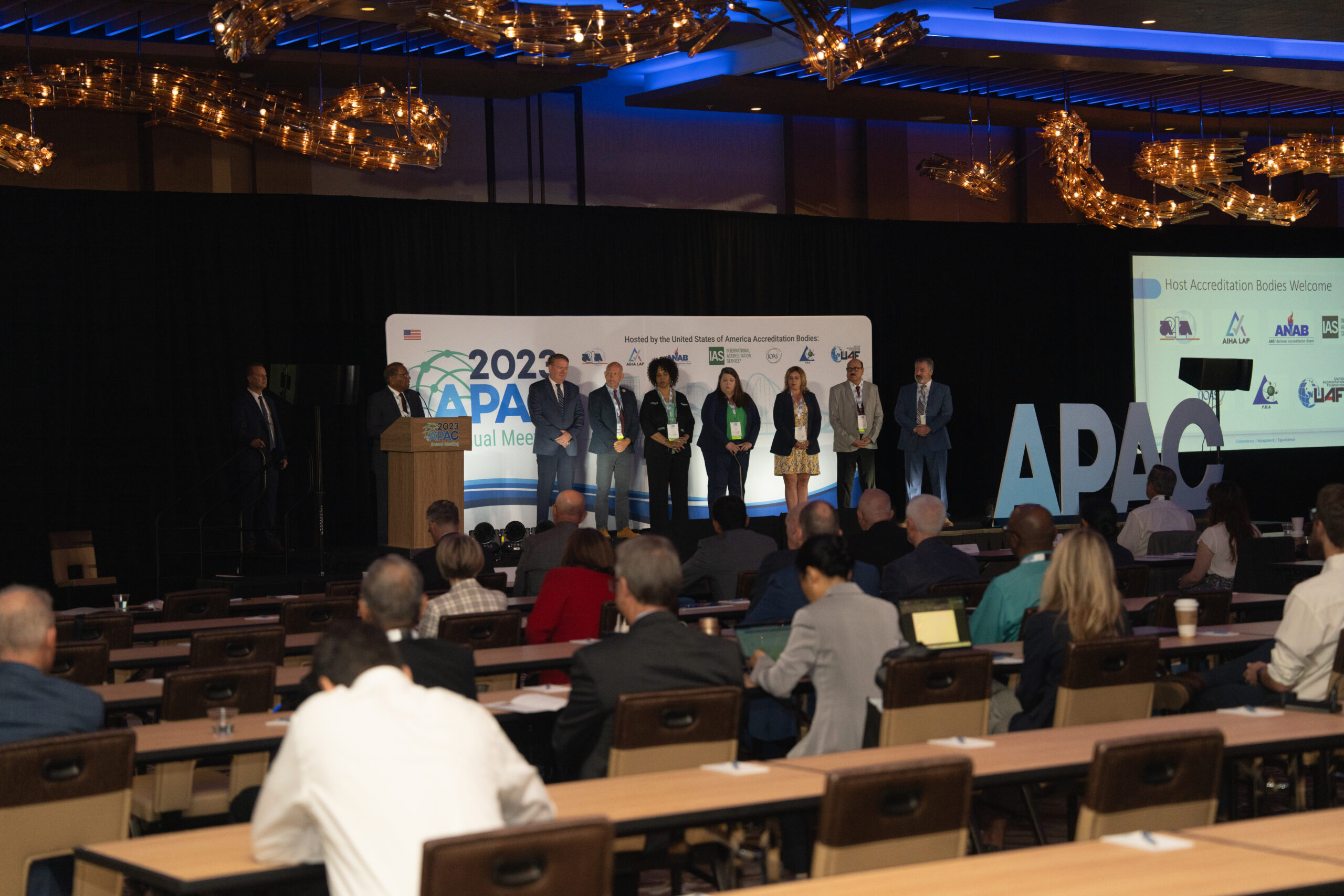 |
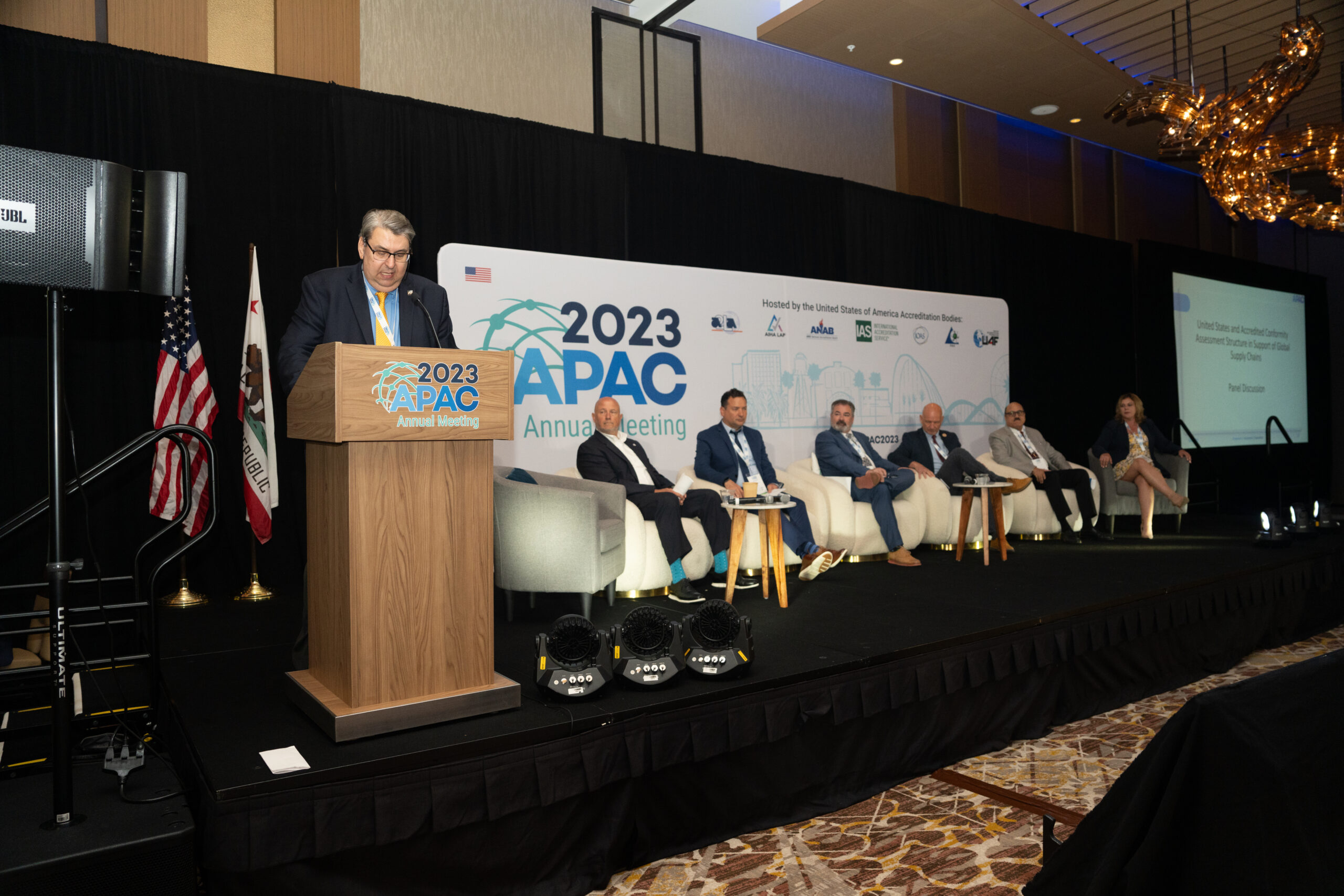 |
The Opening Session featured a cultural presentation by Red Boy Productions, a Native American Dance Troupe that showcased traditional dances from multiple tribes and provided insight into their culture. The Opening Session also featured presentations from notable individuals such as Stephen Faessel, Anaheim City Council Member; Kent Shigetomi, Director of the Multilateral Non-Tariff Barriers Office at the U.S. Trade Representative; Rick Titus, Accreditation Assets & Strategy Manager for UL Solutions; Sam Palmer, Former Assistant Director for the Clark County Department of Building and Fire Safety in Las Vegas, Nevada; DeAnn Benesh, Past President of AOAC International; and Osama Younan, General Manager and Superintendent for the City of Los Angeles Department of Building and Safety. These presentations primarily centered on the regulatory perspectives of accreditation and the significance of mutual recognition across international borders.
The Opening Session concluded with a panel discussion featuring presentations by members of the U.S. host accreditation bodies. The theme for the panel discussion was “United States and Accredited Conformity Assessment Structure in Support of Global Supply Chains”. The presentations and discussions underscored how the United States has benefited from the principles of the World Trade Organization, including the promotion of fair competition among Accreditation Bodies. It was highlighted that the presence of multiple Accreditation Bodies competing within the same market in the U.S. has positively impacted promptness, customer service, and, most importantly, choice. To cap off Monday evening, a Welcome Reception was held on the rooftop of the J.W. Marriott, featuring a DJ for entertainment and a breathtaking view of the fireworks display from Disneyland.
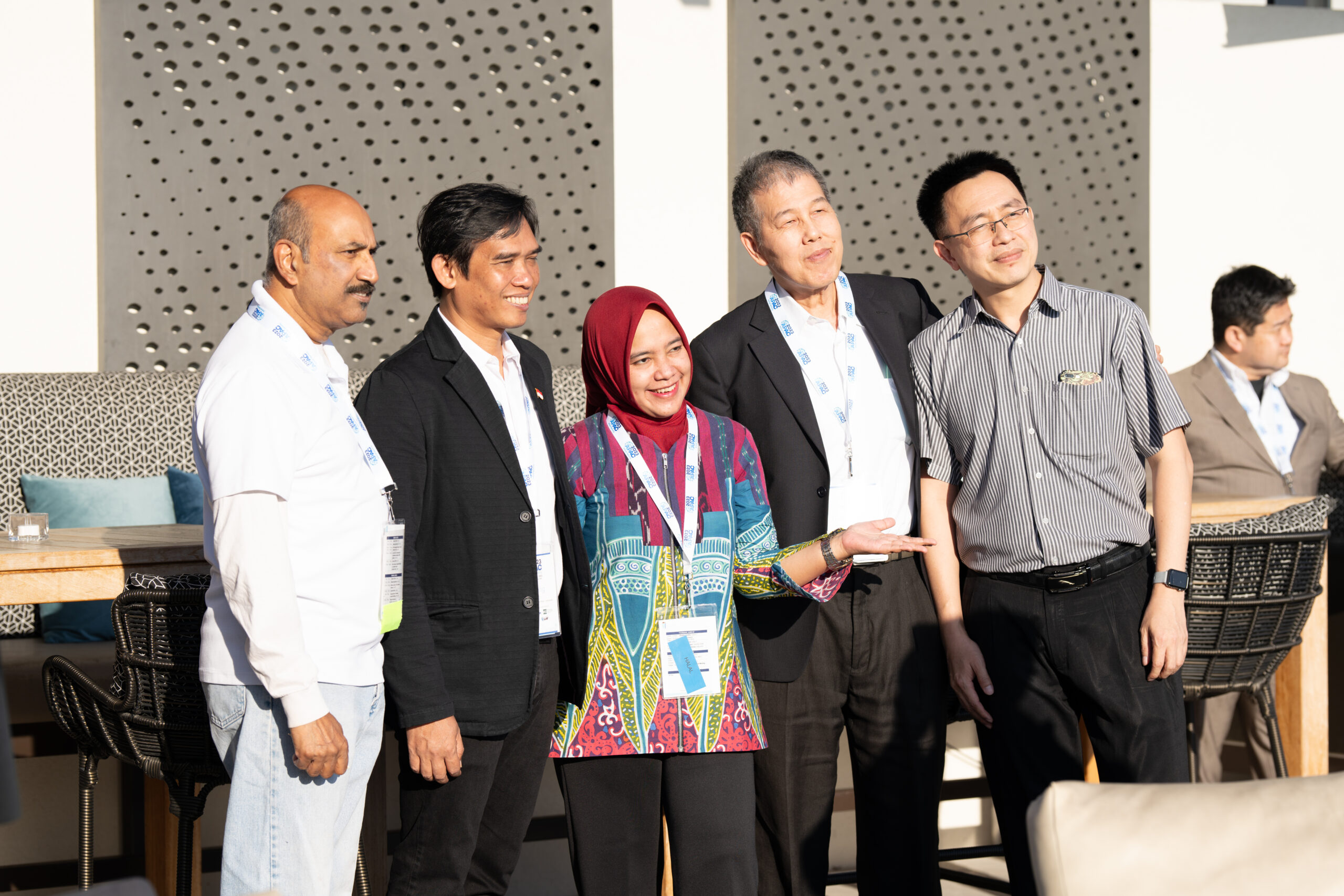 |
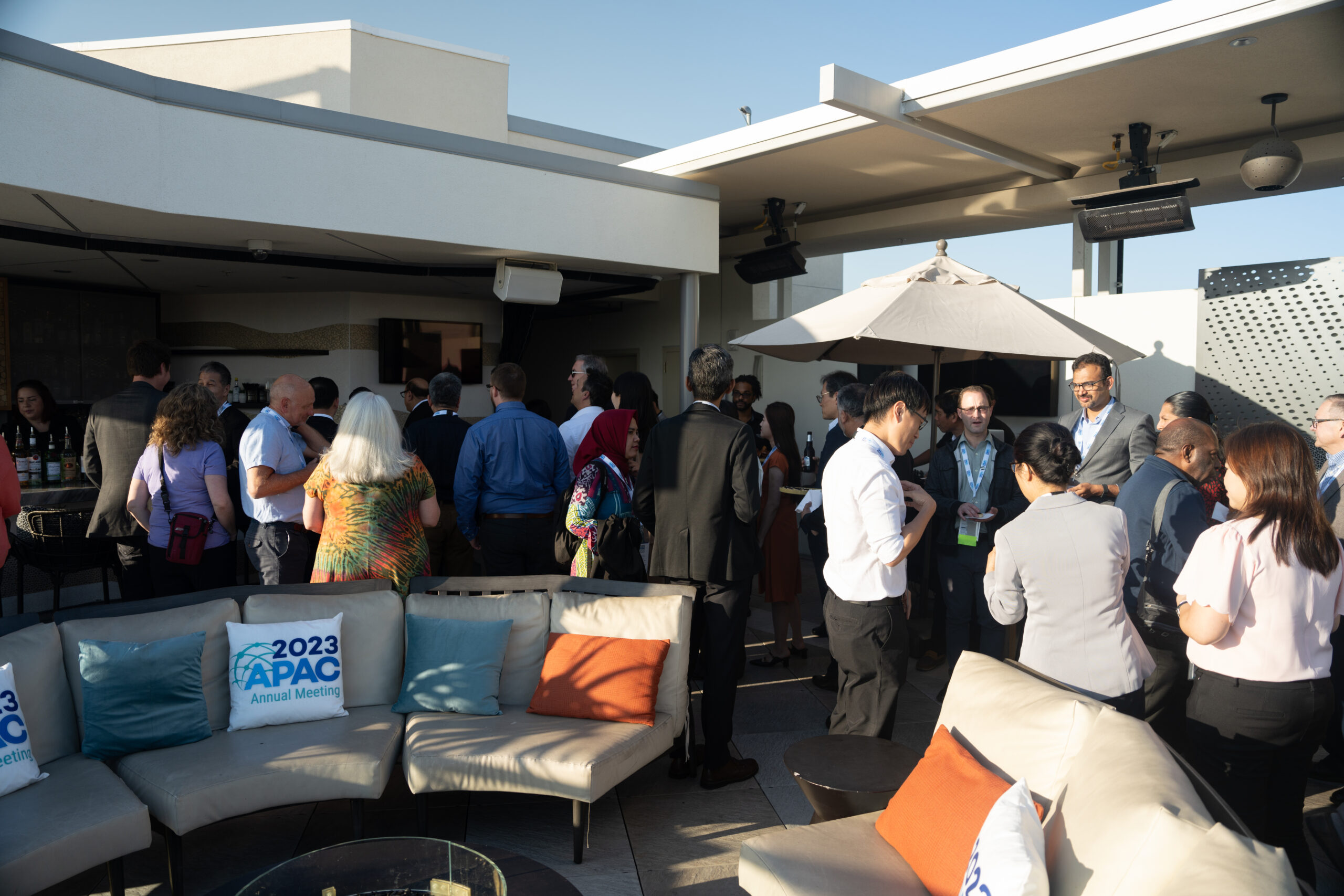 |
|
|
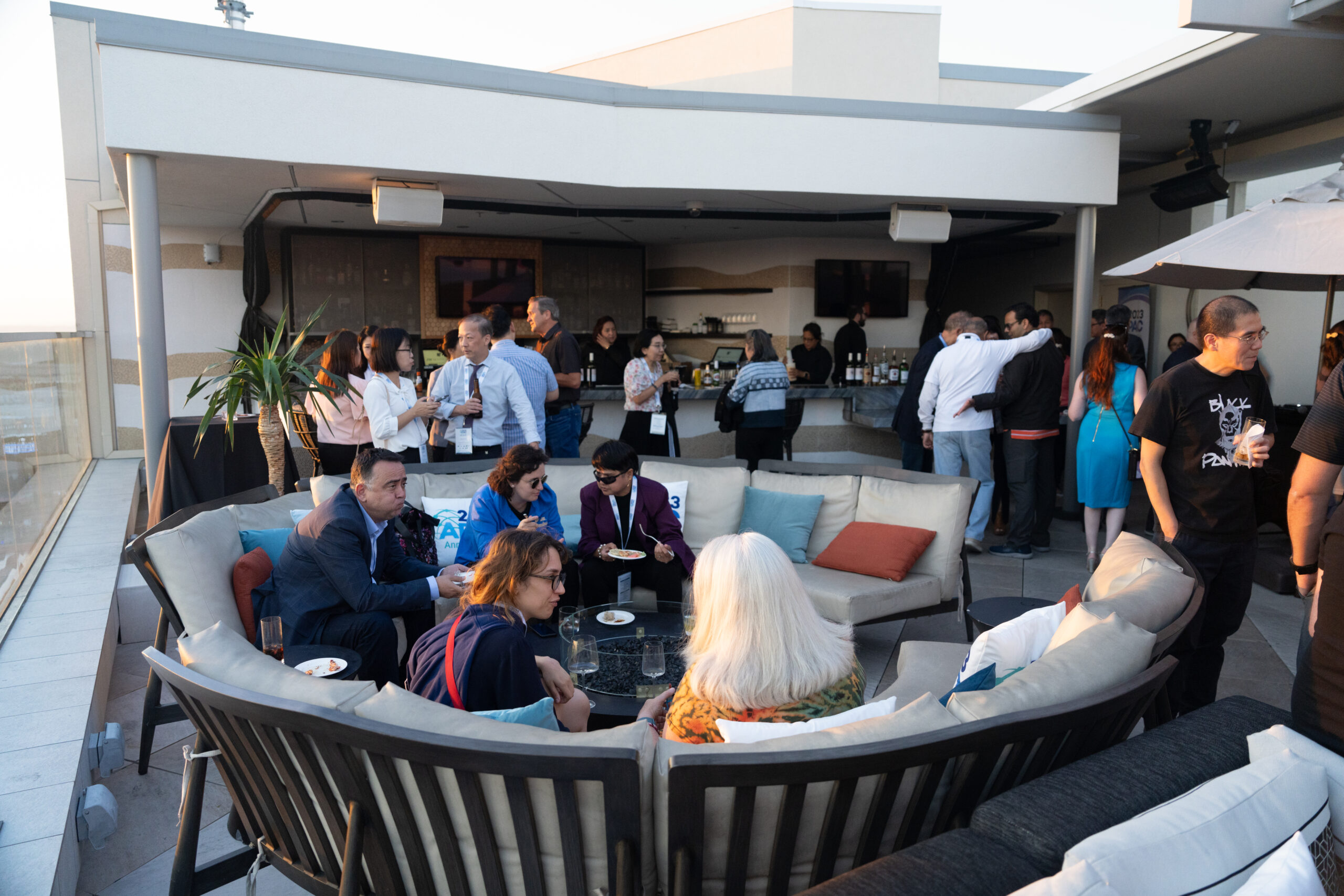 |
|
|
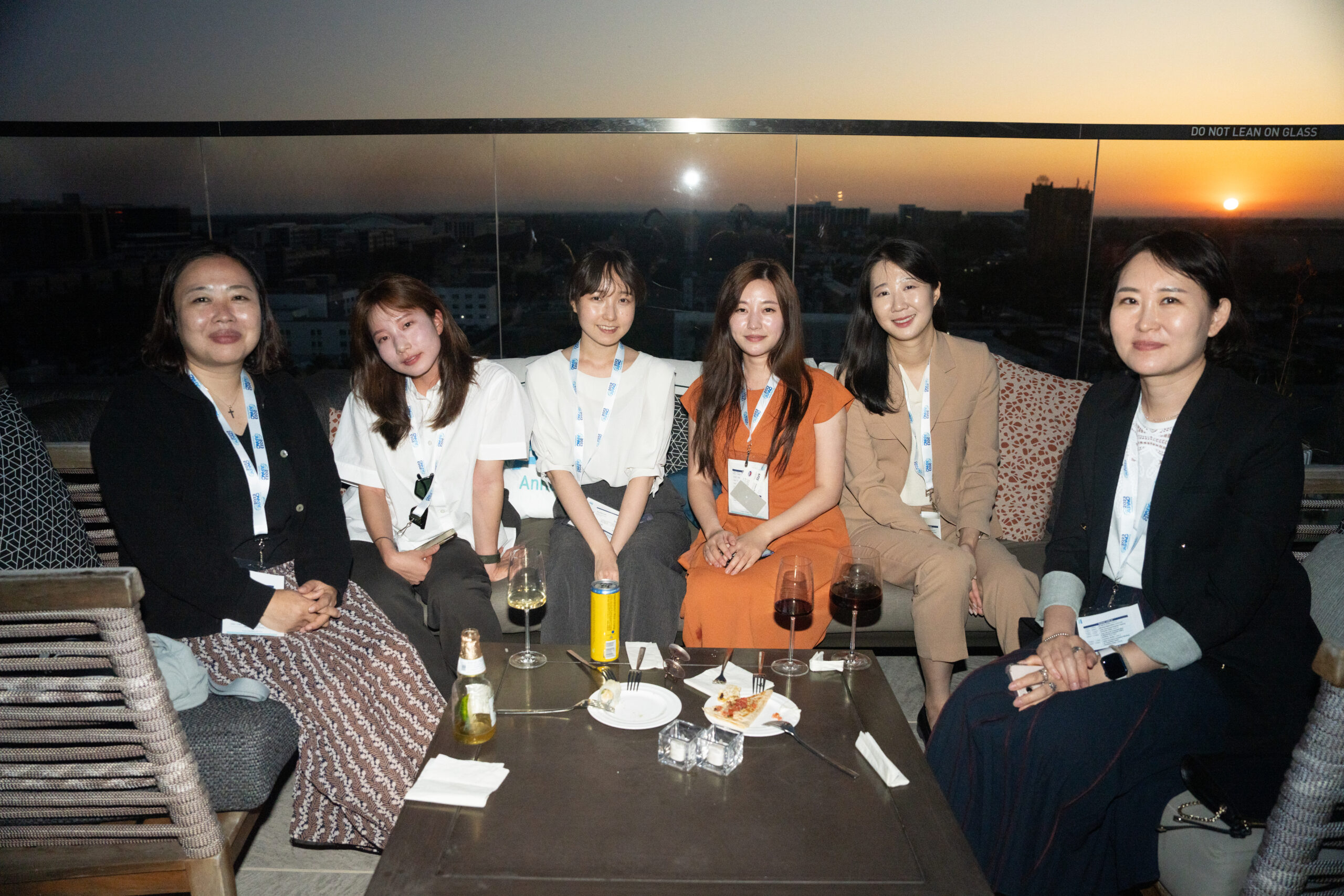 |
|
|
 |
Throughout the week, delegates actively participated in Working Groups and Technical Committee meetings, addressing the MLA/MRA activities of APAC. The APAC Communication & Promotion Committee also convened to explore ways to promote accreditation and highlight the work undertaken by the various APAC committees.
With the APAC community reuniting in person after four years, the overarching theme was to “Celebrate Accreditation”. The hosts organized several social events for members. One of the standout moments of the meeting was the Hollywood-themed Cocktail Reception and Official Banquet Dinner held on Thursday evening. Participants particularly enjoyed the live music, magician performances, and caricature artists that added to the evening’s entertainment.
Upon the conclusion of the APAC 2023 Annual Meetings, the host economy distributed a survey link to gather feedback from attendees regarding the Annual Meeting. Attendees expressed high satisfaction with various aspects of the event, however noted opportunities to shorten the meeting timeframe. Overwhelmingly, attendees noted that face-to-face interactions with both familiar and new colleagues were a highlight of the Annual Meetings.
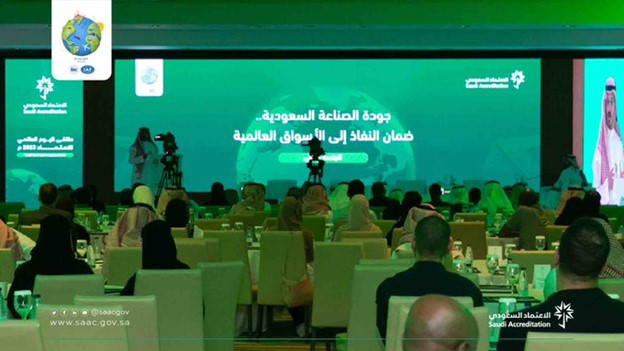
The Saudi Accreditation Center (SAAC) held the World Accreditation Day Forum 2023 on June 8, 2023, in Riyadh with its third edition, under the theme “Accreditation and Promoting the Future of International Trade”. The event witnessed the attendance of several distinguished guests, officials, representatives from both the government and private sectors, in addition to numerous experts in the accreditation field.
Dr. Adel bin Abdul Rahman Al-Qaid, the Executive Director of the Saudi Accreditation Center, opened the ceremonies with a welcoming speech, in which he emphasized the importance of accreditation in promoting international trade, and the role of quality infrastructure in establishing reliable local and global supply chains.
The forum held two discussion sessions: starting with “the Quality of Saudi Industry as Insurance to Accessing Global Markets”, which addressed the active role of accreditation bodies in increasing the appeal of local products and promoting them in different markets, while the second session entitled “the Role of Quality in Supporting Global Supply Chains” discussed the efficiency of establishing a local infrastructure that’s capable of supporting local supply chains to become an integral part of the global supply network.
The Saudi Accreditation Center always ensures that World Accreditation Day is commemorated, in conjunction with the International Accreditation Forum “IAF”, the International Laboratory Accreditation Organization “ILAC”, as well as international accreditation bodies around the world. This is based on the strategic objectives of SAAC to enhance the quality infrastructure in the Kingdom of Saudi Arabia to reach the top 10 globally by 2030.
It’s worth mentioning that the forum witnessed a significant attendance of 400 registered participants, and the sessions hosted 8 speakers, including 5 government representatives, and 3 from private companies.
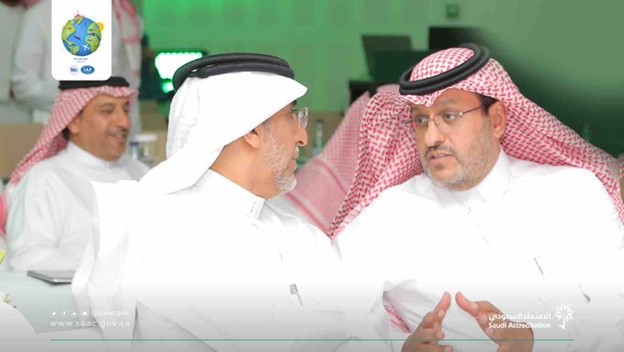
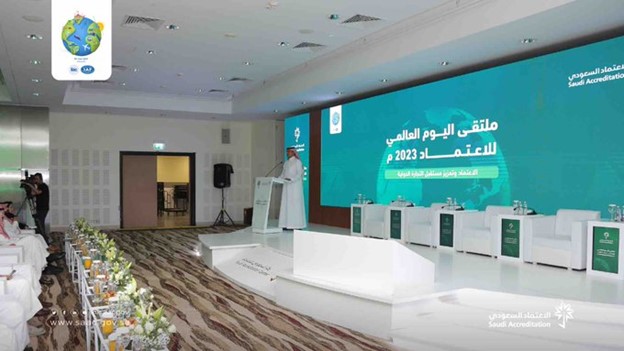
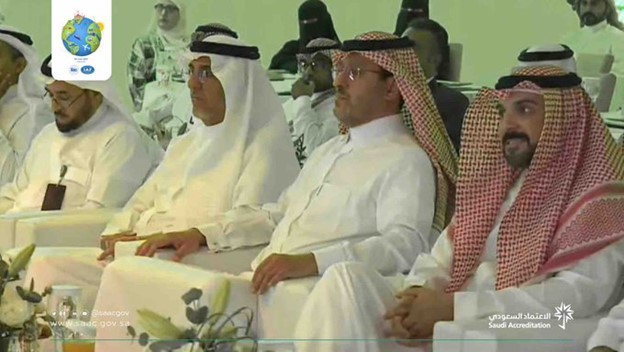
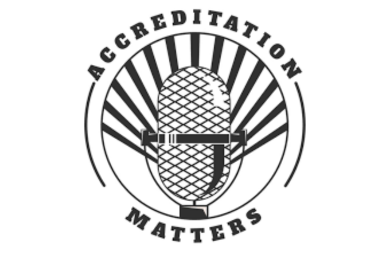
IAF and ILAC have released the fifth episode of our podcast, Accreditation Matters, which features discussions on Accreditation’s Vital Role in Shaping the Future of Sustainability.
In this episode, IAF Chair Emanuele Riva (Accredia) interviews the IAF Sustainability WG Co-convener Cesare Saccani (President of Diligentia Association) on how accreditation bodies support the credibility and reliability of sustainability claims in various sectors, including finance, public procurement, and international trade. The podcast also highlights the convergence of regulatory frameworks worldwide, emphasizing the need for a common standard to evaluate sustainability claims accurately.
Listen to the episode now on Spotify, Apple Podcast, Google Podcasts or Amazon Music, or watch it on YouTube.

The signatory status of Norsk akkreditering (NA), Norway, to the ILAC MRA has been extended to include Reference Materials Producers (ISO 17034).
The full list of signatories to the ILAC MRA is available from https://ilac.org/signatory-search/ .

The signatory status of Servicio de Acreditación Ecuatoriano (SAE), Ecuador, to the ILAC MRA has been extended to include Medical Testing (ISO 15189).
The full list of signatories to the ILAC MRA is available from https://ilac.org/signatory-search/ .

We welcome Federation for Development of Accreditation Services (FDAS), India, as a Full Member of ILAC.
As FDAS is a signatory to the APAC MRA for the accreditation of testing laboratories using ISO/IEC 17025 and calibration laboratories using ISO/IEC 17025, FDAS has been granted signatory status to the ILAC MRA and therefore, Full membership of ILAC.
We welcome FDAS and look forward to working with our FDAS colleagues.
The full list of signatories to the ILAC MRA is available here.
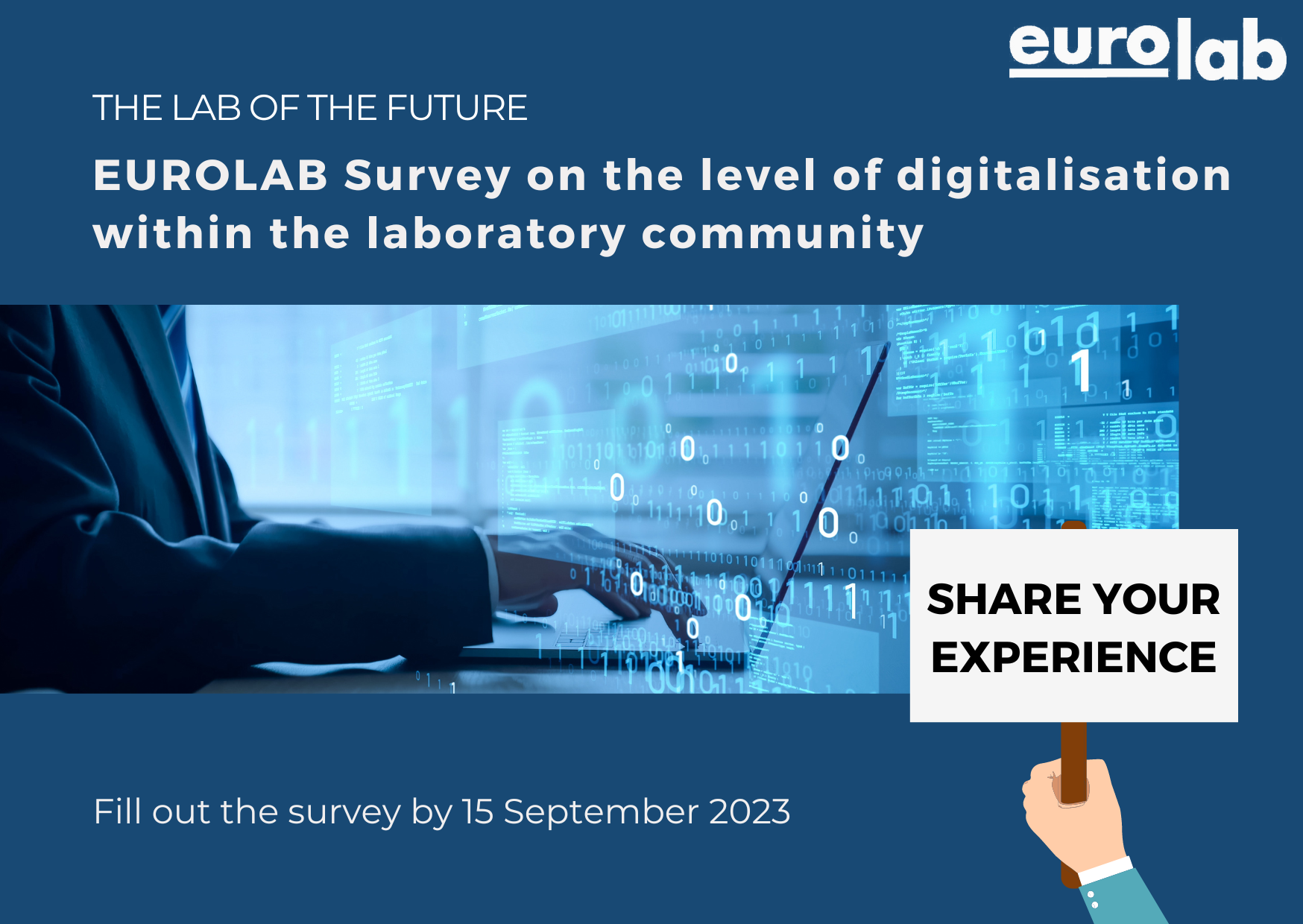
EUROLAB is inviting members of the laboratory community to participate in the survey developed by EUROLAB to assess the level of digitalisation of laboratories.
As the laboratory of the future is driven by the fast-changing new technologies and by the high demands of customers, the survey aims to identify:
Please provide your response to the survey by 15 September: https://forms.office.com/e/DmbCLVTbGg
The survey has been developed with the contribution of Kruno Miličević, coordinator of the Metroracle Project.
Any further questions please contact Laura Martin, EUROLAB Secretary General via laura.martin@eurolab.org